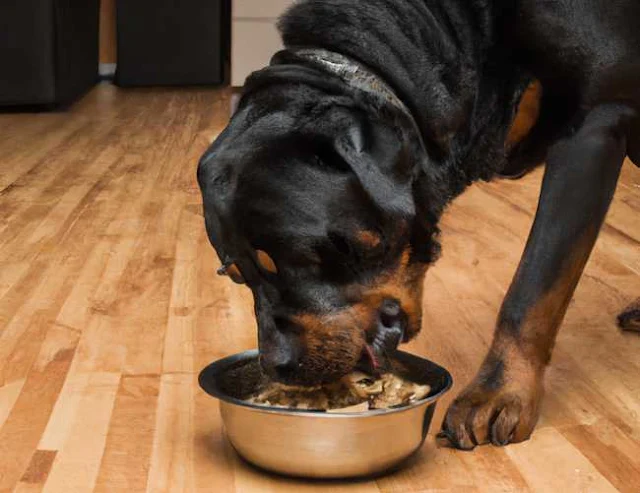Causes of Partial Anorexia in Dogs
There are several possible causes of partial anorexia in dogs, including:- Dental problems: If your dog is experiencing pain or discomfort when chewing, they may be less likely to eat.
- Changes in diet: Dogs can be sensitive to changes in their diet, and may refuse to eat if they are given new or unfamiliar types of food.
- Medical conditions: Certain medical conditions, such as gastrointestinal problems or kidney disease, can cause dogs to lose their appetite.
- Stress or anxiety: Just like humans, dogs can lose their appetite due to stress or anxiety.
Symptoms of Partial Anorexia in Dogs
If your dog is experiencing partial anorexia, you may notice one or more of the following symptoms:- Decreased appetite: Your dog may be eating less than usual or refusing to eat certain types of food.
- Weight loss: If your dog is not eating enough, they may lose weight.
- Lethargy: A lack of appetite can lead to a lack of energy and decreased activity levels.
- Bad breath: Poor dental health can be a sign of partial anorexia in dogs.
Treatment of Partial Anorexia in Dogs
If you suspect that your dog is experiencing partial anorexia, it's important to consult a veterinarian as soon as possible. The treatment plan will depend on the underlying cause of the issue. In some cases, treating the underlying cause (such as a dental problem or medical condition) will resolve the anorexia. If your dog is experiencing stress or anxiety, your veterinarian may recommend behavior modification techniques or medications to help.If your dog is not eating due to changes in diet or preference, you may need to experiment with different types of food to find something that they will eat. It can be helpful to consult with a veterinarian or a professional dog trainer for guidance on how to address this type of partial anorexia.
Preventing Partial Anorexia in Dogs
There are several steps you can take to prevent partial anorexia in dogs:- Provide a balanced diet: Make sure your dog is getting all of the nutrients they need by feeding them a high-quality dog food.
- Gradually transition to new foods: If you need to make changes to your dog's diet, do so gradually to give them time to adjust.
- Keep their teeth clean: Regular dental care can help prevent dental problems that can cause partial anorexia.
- Manage stress and anxiety: Provide plenty of mental and physical stimulation for your dog, and consider using calming techniques if needed.
Related: Dog Food Recipes You Can Make At Home
Conclusion
Partial anorexia in dogs can have a range of causes, and it's important to identify and address the underlying issue as soon as possible. With proper treatment and prevention, you can help your dog maintain a healthy appetite and ensure they are getting all of the nutrients they need. If you suspect that your dog is experiencing partial anorexia, don't hesitate to consult with a veterinarian for guidance on the best course of action.

